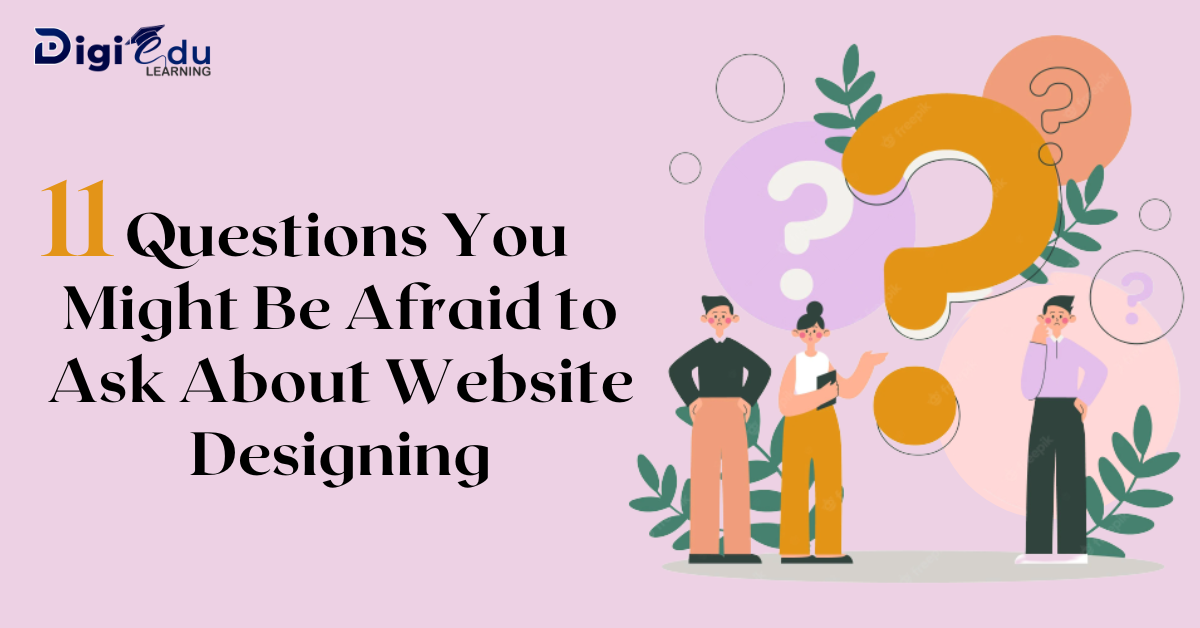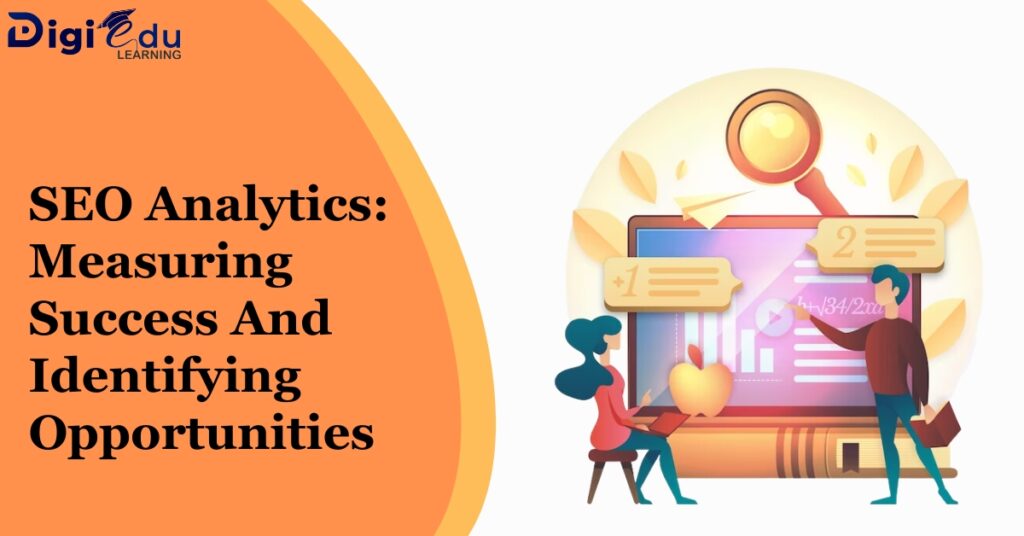If you’re new to web design, it can be intimidating. You might not know where to start or what questions to ask, but these 12 will help you understand the process and get the best results from your website.
#1 What Is The Difference Between A CMS And A Static Site?
There are two main types of sites. The first is a CMS, which stands for the content management system. It allows you to edit the content on your site, add pages and create a blog.
A static site is just that: it’s not meant to change or update itself over time (like an app). Static sites are usually cheaper to maintain because they don’t require any additional software or other technologies like databases or web servers.
#2 How Do I Know If My Website Is Mobile-Friendly?
The first thing to check is whether or not your website looks good on your phone. If it looks like a mess, then it’s not ready for mobile users. The same goes for responsive sites: if the layout changes depending on the screen size (like changing font sizes), then that’s also a sign of poor design skills. And lastly—and most importantly—a responsive site should be able to load quickly and smoothly without any hiccups!
#3 Is It Cheaper To Create My Own Website Or Hire Someone?
It depends on your budget. If you have a small budget, it’s better to hire someone. They’ll be able to provide a better service than if you were creating your own website from scratch.
If you have more money to spend on this project and want something that looks professional, then it might be worth creating an online presence for yourself with some help from professionals in the industry who know what they’re doing
If neither of these options works well for your business needs (or if there aren’t any) then try both! You may find out that one way works better than another depending on how much time and energy are required during different stages of development—especially when working with designers or developers who have specific expertise in certain areas such as content editing software programs like Word Press which allow users access directly through its dashboard interface instead of having them plugging into third party websites where users would otherwise need extra software installed alongside their main operating systems first before being able.
We recommend starting out small though because sometimes change isn’t always easy, especially when trying new things like becoming part owner/partner.
#4 Does SEO Really Work?
Yes, but it’s more than just a one-time event. SEO is a long-term strategy that can take months, even years to see results. It involves making your website more visible in search engines and on social media platforms like Facebook and Twitter so that visitors who search for your brand or product will be directed back to you instead of someone else.
#5 How Can I Use SEO For My Business Growth?
SEO is a way to make your site more visible to search engines. It’s the process of making sure that your page gets noticed by Google, Yahoo!, and Bing. When you use SEO, you want to make sure that people can find your business easily through search engines.
If someone searches for “Yoga studios in [your city],” they will likely see a list of businesses with their address or phone number at the top of the page (the organic results). If one or two businesses are listed under this category but all others aren’t even showing up in front of them without having been clicked on first—that’s not good news! That means there isn’t much competition out there yet; so why would anyone waste time going through all those listings when they could just go straight to [our website] instead?
#6 What Are Backlinks, And How Do I Create Them?
Backlinks are links that point to your website. They’re important for SEO because they help search engines know what kind of content you have, and they can help rank you higher in search results.
To get backlinks, try:
1. blogging on high-quality sites in your niche.
2. Social media outreach (Twitter/Facebook).
3. Guest posting on high-quality websites in your niche.
4. Social media outreach (Twitter/Facebook) Writing for industry publications and sites that accept guest posts.
#7 What Should I Be Doing For My Company’s Website Each Month?
- Keep your website up to date. If you’re not sure what needs to be updated, ask your design team or a web developer for help. Make sure that all of your content is up-to-date, and make sure that the links on each page are working properly. This will ensure that visitors can find what they need when they click through an email or social media post!
- Make sure it’s mobile-friendly too! It’s important for people using mobile devices like smartphones or tablets to be able to access information easily without having any problems with loading times or scrolling past text because these devices don’t have as much memory as desktop computers do which means there isn’t enough room for all those pictures and videos that we add into our sites before publishing them ourselves so we have decided instead just upload everything directly onto WordPress so now everyone knows exactly where everything goes whenever updates come along like last year when we added three new pages onto our site (which took months after planning everything out beforehand) plus this year back again with four new pages being added onto today’s version which will continue indefinitely into next month.
#8 What Is A Responsive Website, And Why Do I Need One?
Responsive websites are the best way to build a website that looks good on any device, from your desktop to your phone. A responsive website is one that adjusts its layout and appearance according to the device it’s being viewed on. For example, if you have an image in your blog post that would look better on desktop but not mobile devices like phones or tablets (like this one), then you could use CSS media queries to change the size of that image so it fits better with the other elements of your site.
As I mentioned earlier, there are many different types of responsive sites out there; some might be designed only for smartphones while others would work well on all types of devices – including laptops and desktops! The most important thing here is making sure each person can access whatever information they need when they want it most often, especially during times when we’re away from home or sitting at our desks working hard all day long!
#9 How Can I Get More Visitors To My Site?
- Use Social Media: A lot of people think they need a fancy website to get more visitors, but that isn’t true! You can still be successful with a simple site and some basic SEO techniques.
- Search Engine Optimization (SEO): This refers to optimizing your website so it ranks higher in search engines like Google and Bing, which means more people will find you online when they search for something related to what you do.
- Content Marketing/Copywriting: This is where writers create unique content for websites that are relevant to their target audience—and it works! If you write well enough, it’ll help turn potential customers into loyal customers who want more from now on too!
- Ease-Of-Navigation: Make sure users don’t find themselves lost on pages; make sure everything has its place so viewers can easily navigate through every bit of info without getting confused by any missing links or buttons etc.,
#10 How Can I Raise Awareness Of My Site?
- Use social media.
- Advertise on other sites.
- Use a newsletter.
- Pay for advertising (like Google Ads) to get more exposure for your site and hopefully increase traffic to it as well!
- Include a link back to your site in any emails you send out. Put your links on other sites, like forums or discussion boards where people are likely to read them. Find ways to get more traffic coming to your site.
#11 Will My Site Be Secure If I Work With A Hosting Provider?
You’ll be glad to know that security is one of the biggest priorities for hosting providers. They have a number of measures in place to ensure that your website is secure, backed up, and monitored.
You should expect your hosting provider to have a security policy that addresses critical issues such as:
Backups – Should there be an incident where your site goes down or gets hacked, you want to make sure all data can be recovered quickly.
Monitoring – How does the company monitor its own systems? What kind of equipment does it use for this purpose? Is there an available team member who can help with monitoring problems if they arise during business hours (this is especially important during weekends)? Do they offer 24/7 phone support so people can reach them at any hour without having access only through email or phone lines which may not always work properly due to heavy traffic volumes?
If You Have Questions About Web Design, It’s Better To Ask Them Than Wonder about Forever
If you have questions about web design, it’s better to ask them than wonder forever. You’ll get the answers you need and be able to make better decisions. Plus, by learning more about what goes into a website project from an expert in this field, you can avoid making mistakes as well as save time and money on your next project!
So take some time right now—and let me help you figure out how best to approach this process.
Conclusion
We hope that this article has helped you to understand the basics of website design and how it works. If you are still unsure about something, or if there is a specific question you want to be answered in the future, then ask us! We would love to hear from you.






